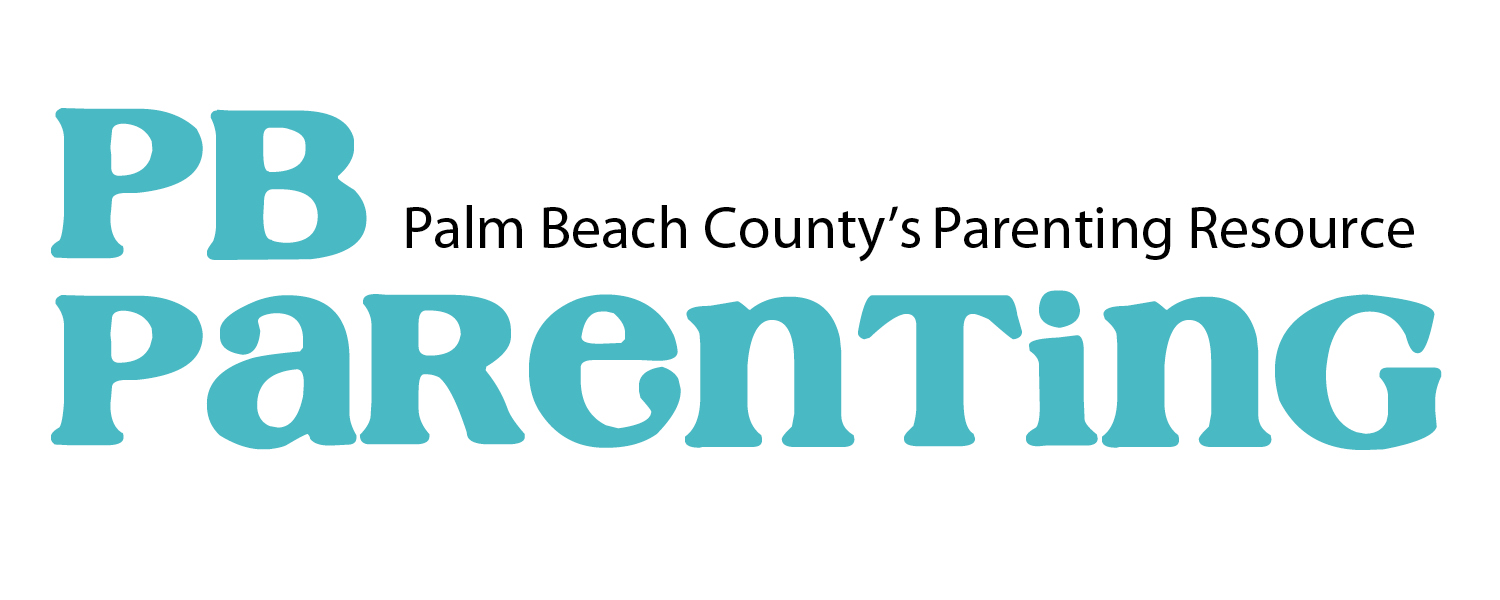Raising Eco-Conscious Kids: 5 Sustainable Family Practices

By Laura Georgieff
Happy Earth Day! In today’s trending world, raising children to be environmentally conscious is more crucial than ever. In fact, it should be a priority. As parents, we play a pivotal role in shaping the values and behaviors of our future generations, and given the current trends, raising eco-conscious kids will have the greatest impact on our, and their, living environment.
By instilling eco-friendly practices into our family routines, we not only contribute to a healthier planet but also empower our children to become stewards of the environment. We put tools in their hands, and create natural behaviors they will carry throughout their lives.
In this article, we will explore 5 practical tips and sustainable family practices for raising eco-conscious kids.
- Start with Education: Educating children about environmental issues is the first step towards fostering eco-consciousness. Introduce age-appropriate books, documentaries, and activities that highlight the importance of sustainability, conservation, and climate change. Encourage open discussions about environmental topics, empowering children to ask questions and form their own opinions. Many resources are available online to start from a young age with engaging, and easy-to-understand, content that helps the little minds start to understand today and tomorrow’s challenges and hopes.
- Lead by Example: Children learn by observing the actions of adults around them. Model eco-friendly behaviors such as recycling, conserving energy and water, reducing waste, and opting for sustainable products. Show your children that small everyday choices, like using reusable shopping bags or composting food scraps, can make a big difference in reducing our ecological footprint. It is as simple as turning the faucet off while brushing teeth, opening the faucet only half-way, turning the pool pump off at night, switching for LED light bulbs and turning lights off when not needed, raising the A/C by a couple of degrees, etc. Those every-day small actions will quickly become the norm, and get engrained in their way of living and respecting the environment.
- Choose Sustainable Products: When it comes to clothing, opt for sustainable brands like Little Hedonist. Their commitment to using GOTS-certified cotton sourced from Europe ensures that their clothes are both high-quality and environmentally friendly. By investing in durable, well-made garments designed to last multiple seasons, parents can reduce the need for frequent replacements and minimize textile waste. Sustainable products and fashion are not only produced with care for the planet, they are safer for the health of your family (think hormone disruptors in chemicals and non-natural fibers), but they should also be designed to last longer and allow you to purchase less. In the long run, the sightly higher price tag should be leading you to fairly significant savings. Soft on our planet, soft on your health, soft on your wallet.
- Practice Mindful Consumption: Teach children to be mindful of their consumption habits by prioritizing quality over quantity. Encourage them to cherish and take care of their belongings, whether it is toys, clothes, or household items. Engage in activities like upcycling or repurposing old items into something new, fostering creativity and reducing waste in the process. Teach children to respect their possessions and practice handing down clothes and toys, and purchasing second-hand. Mindful consumption is a mindset and way of living, which results in caring for our belongings and not giving in to the temptation to purchase new until absolutely needed. Yes, your kitchen sponge has another 2 weeks of life in it, and your bedsheets have another week in them. Less trashing, longer using, less washing, longer lifespans.
- Explore Nature: Spending time outdoors is not only beneficial for physical and mental health but also fosters a deeper connection to the natural world. Take family nature walks, go camping, or visit nearby local parks, national park system sites, and wildlife reserves. Use these opportunities to teach children about the importance of preserving biodiversity and protecting natural habitats. Let them explore and wonder at the little things. Encourage them to knee down, look and touch the beauty of our planet.
Raising eco-conscious kids is a journey that requires patience, dedication, and a commitment to sustainable living. It is also a beautiful journey where both parents and children learn and grow together. Involve your children in researching new ways, think out of the box, and creatively think of ways to do better as a family.
By incorporating eco-friendly practices into our family routines and leading by example, we can empower our children to become advocates and future change leaders for the planet. Together, we can create a greener, more sustainable future for generations to come.
Laura, and her sister Lucie, own Little Hedonist, a French sustainable and organic kids fashion brand. A Central Florida resident of nearly 20 years, Laura and her family are currently living as expats in Bali, Indonesia, where her 3 children attend a school focused on sustainability and teaching to the U.N.’s SDGs, hoping that they grow to be the change makers of tomorrow. Sustainability is at the core of everything Laura does, and her wish is for more families and children to benefit from the health benefits of safe and slow fashion.


